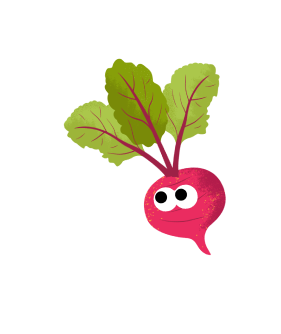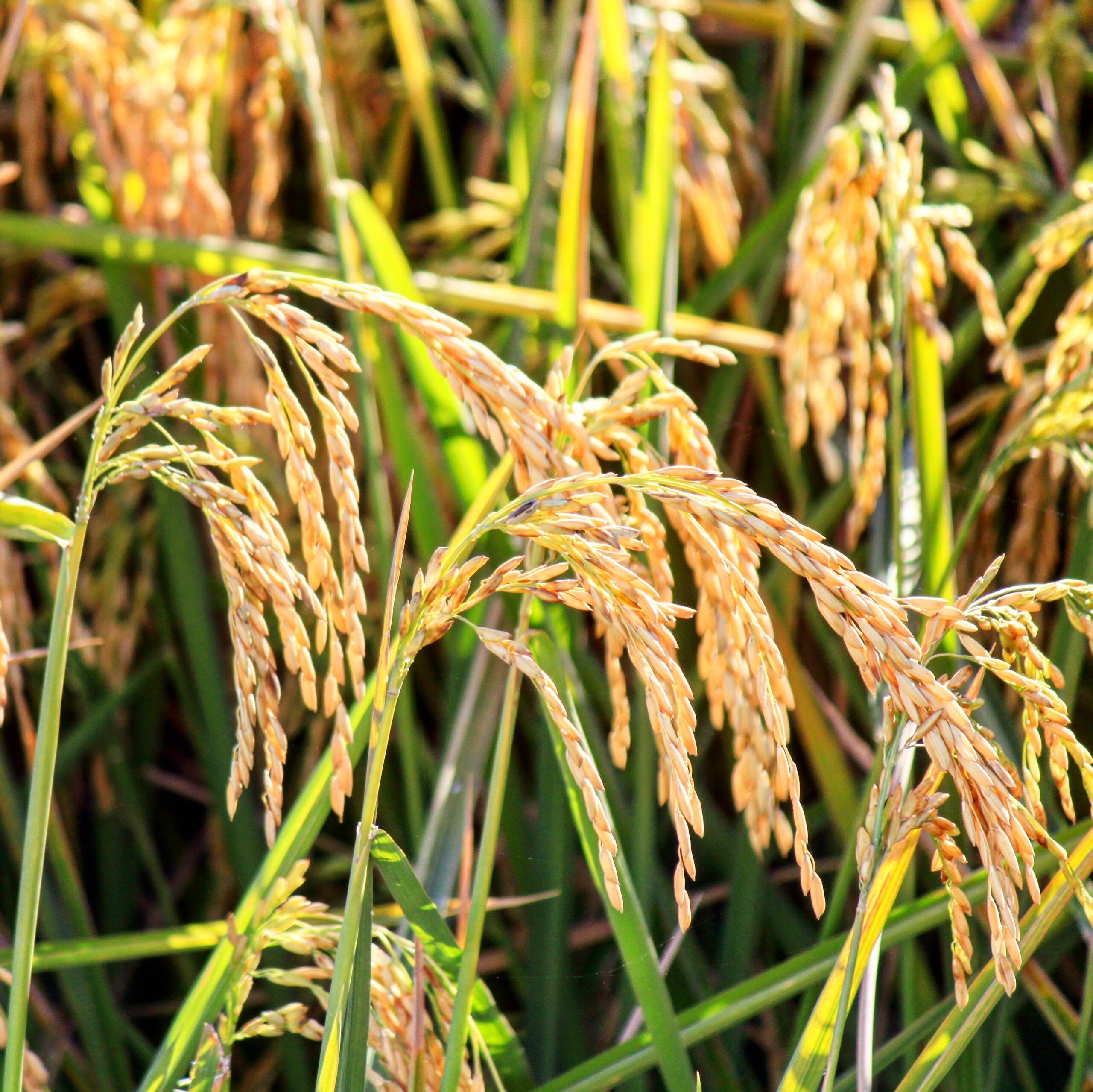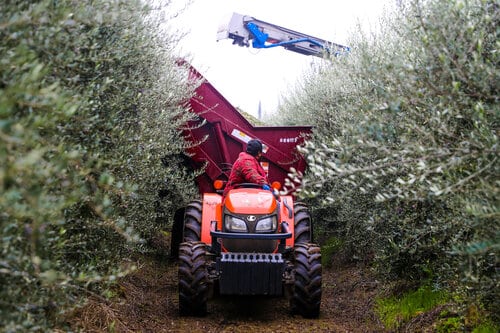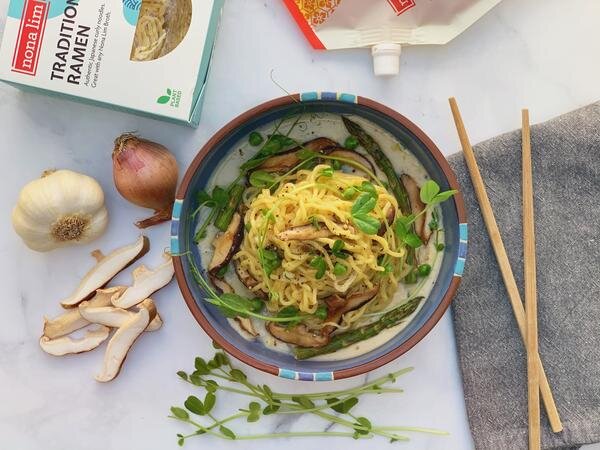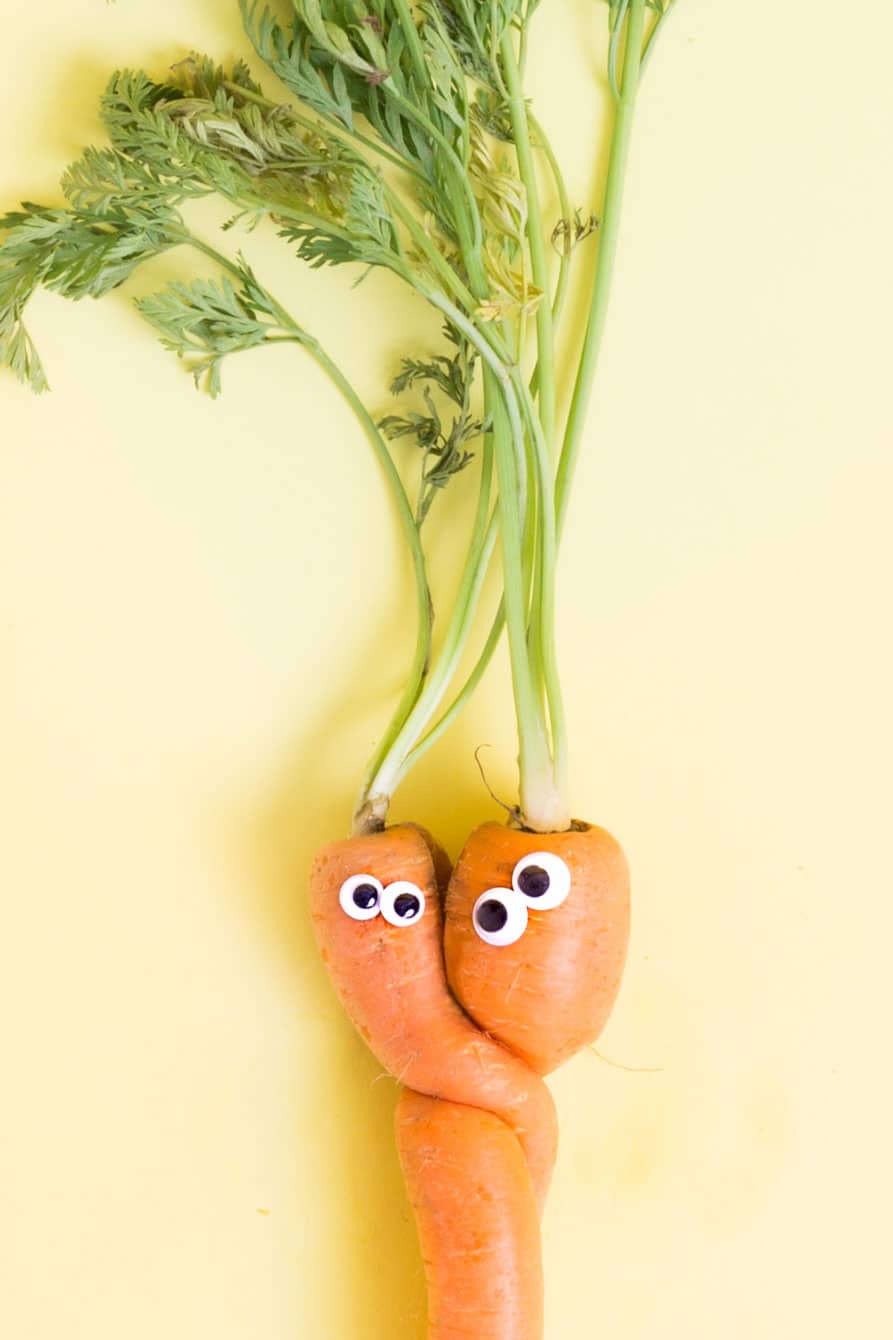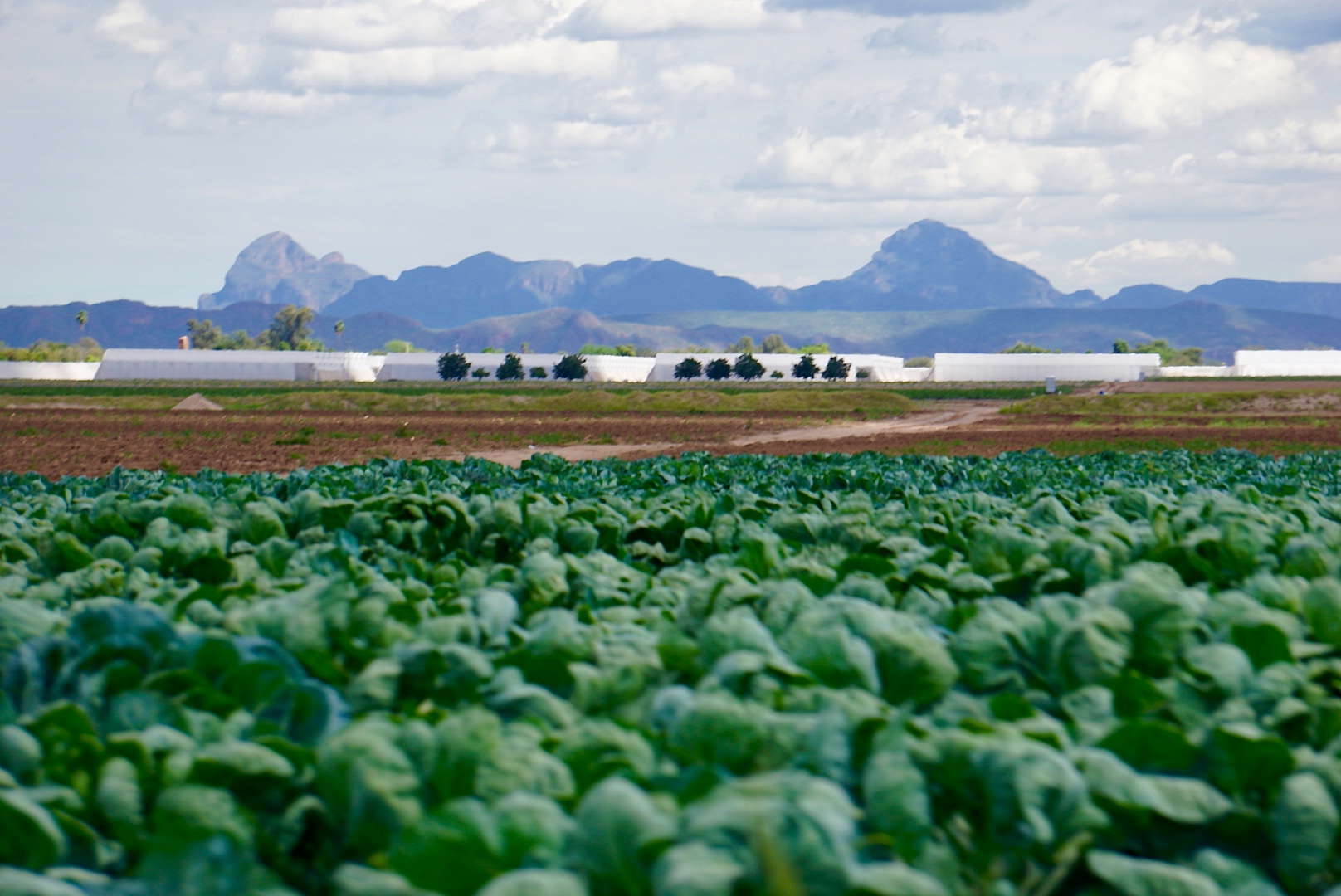We love learning and nourishing our community around food. So in honor of Earth Day, we hosted a special event in Portland, Oregon where we brought together customers, chefs, food experts, and policymakers to discuss how we could all work together to make our food system more accessible and less wasteful. In between bites of Tusk chef Sam Smith’s outrageously good hummus, we had a wonderful conversation. Here are some of our favorite nuggets of wisdom from the day:
- From Mike Wenrick of Zenger Farm: Of the hundreds of millions of acres of farmland in America, about 2% of it is dedicated to growing fresh fruits and vegetables (what’s known, confusingly, in agriculture as “specialty produce”). The rest is dedicated to growing commodity crops like corn, wheat, and soy. This means that if every American actually ate the recommended amount of fruits and vegetables, we wouldn’t have the farmland to grow it all!
- From Congressman Earl Blumenauer: One really important policy that determines produce pricing and availability is our annual Farm Bill. Talking to your elected officials about what goes into the Farm Bill is one of the most important things you can do to create a better food system.
- From Antonella Aguilera-Ruiz of Slow Food Portland: The research overwhelmingly shows that our diet is one of the biggest factors that determines our health. So if we’re looking to be healthier, we need to rethink what we eat. Investing time in, for example, eating a proper breakfast and lunch each day (instead of eating on the run) has huge and positive health outcomes. Plus, it will make you happier and less stressed!
- From Lucy Flores of Food Corps: Seemingly small decisions, like when recess happens ends up shaping how much fruits and veggies our children eat (or waste) at school. Studies have shown that having recess before lunch results in our children eating more fruits and vegetables and wasting less.
- From Reilly Brock of Imperfect: One of the simplest and most effective ways to make cooking easier and less wasteful is to regularly clean and organize your fridge. Patterns of waste often start because we have too much in our already enormous fridges, and then lose track of what we have. By keeping your fridge clean and organized, you create the foundation for less wasteful, more efficient (and fun!) home cooking.
We hope these five lessons give you useful jumping-off points for ways to live a more satisfying, sustainable, and delicious life! What did you learn this Earth Day?
